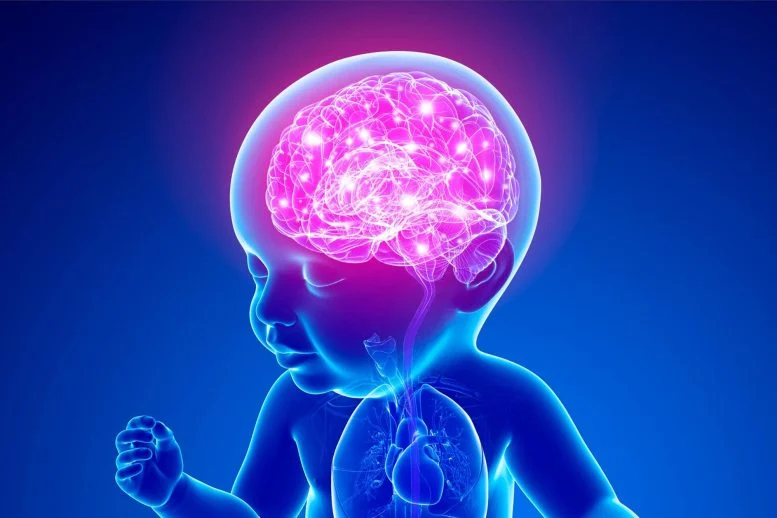An international team of researchers from Trinity College Dublin, together with colleagues from Australia, Germany and the US, have found evidence pointing to some form of conscious experience from birth and possibly later in pregnancy.
The authors of this study, published in the peer-reviewed journal Trends in Cognitive Science, believe it has important implications for clinical practice, ethics, and possibly law.
In the study titled Consciousness in the Cradle: The Emergence of Infant Experience, researchers say that from birth, a baby’s developing brain can experience conscious experiences that can have a lasting impact on their sense of self and understanding of their environment.
Understanding children’s consciousness
The team included neuroscientists and philosophers from Monash University in Australia, the University of Tübingen in Germany, the University of Minnesota in the US and Trinity College Dublin.
One of the two lead authors of the paper, professor of philosophy at Monash University (Melbourne), Dr. Tim Bain explains that although each of us was once a baby, infant consciousness remains a mystery because babies cannot tell us what they are thinking or feeling. .
“Almost everyone who has held a newborn baby has thought about what it is like to be a baby. But of course we do not remember our childhood, and consciousness researchers wonder whether consciousness is ‘early’ (at or shortly after birth) or ‘late’, that is, up to a year “They don’t agree on whether it emerged as early as that time, or even much later.”
Methodology and results
The team used recent advances in consciousness science to offer a new perspective on when consciousness first emerged. In adults, some neuroimaging markers have been found to reliably distinguish between consciousness and absence and are increasingly used in science and medicine. This is the first time that analysis of these markers in infants has been used to assess babies’ consciousness.
Study co-author Lorina Naci, Associate Professor in the School of Psychology who leads Trinity’s Consciousness and Cognition Group, explained: “Our findings show that newborns are able to integrate evolving sensory and cognitive responses into a coherent conscious experience to understand the actions of others and plan their own responses.”
The article also sheds light on “what it’s like to be a baby.” We know that babies’ vision is much more immature than, for example, their hearing. In addition, this study suggests that at any given time, infants are aware of fewer objects than adults and may take longer to understand what is in front of them, but they can easily process more diverse information, such as the sounds of other languages. their older peers. Source













